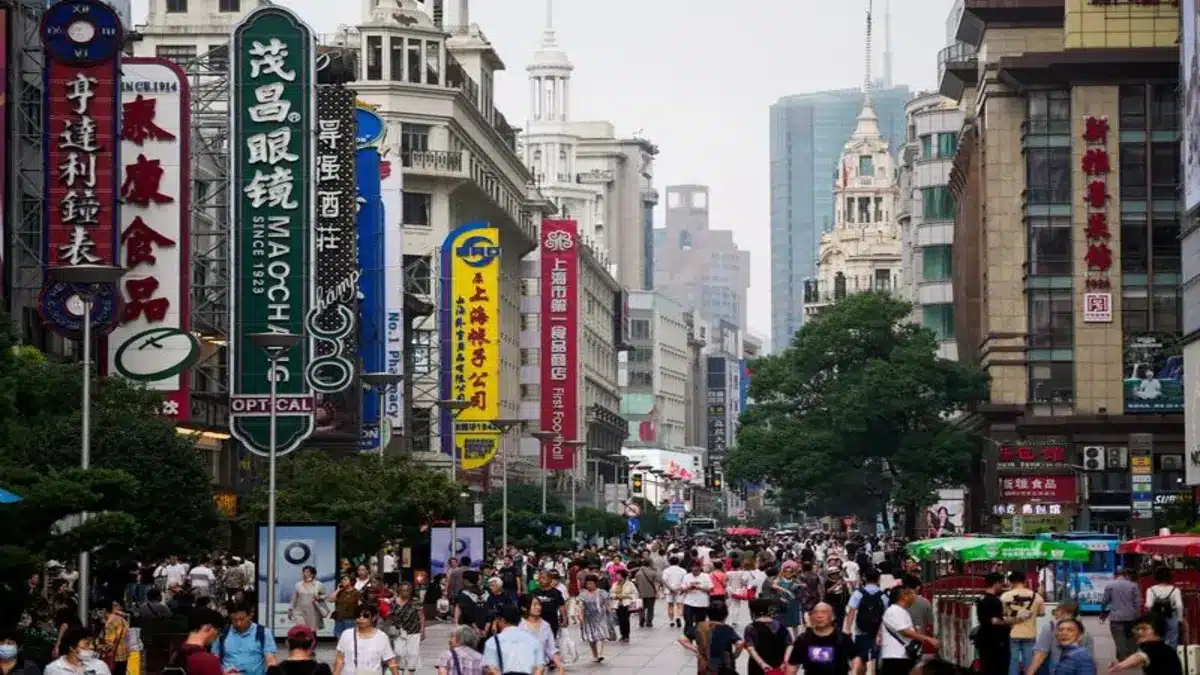In November, China experienced the sharpest decline in consumer prices in three years, accompanied by a deepening of factory-gate deflation, indicating growing deflationary pressures amidst doubts about economic recovery due to weak domestic demand.
Data from the National Bureau of Statistics revealed on Saturday, 9th December that the Consumer Price Index (CPI) dropped 0.5% both year-on-year and month-on-month, surpassing the Reuters poll’s median forecast of 0.1% declines. This marks the steepest year-on-year CPI decline since November 2020, raising concerns among policymakers.
Factors contributing to this trend, as noted by Xu Tianchen, a senior economist at the Economist Intelligence Unit, include falling global energy prices, the waning winter travel boom, and a persistent supply glut. Xu anticipates that downward pressure will persist in 2024, driven by ongoing deleveraging efforts by developers and local governments, coupled with an expected global economic slowdown.
Year-on-year core inflation, excluding food and fuel prices, remained at 0.6%, consistent with October figures. Bruce Pang, chief economist at Jones Lang Lasalle, emphasized that the weak core CPI reading signals persistently sluggish demand, urging it to be a policy priority for China to achieve more sustainable and balanced growth.
Despite consumer prices hovering near deflation, China’s central bank Governor Pan Gongsheng asserted last week that inflation was expected to trend upward. However, the Producer Price Index (PPI) fell 3.0% year-on-year in November, marking the 14th consecutive month of decline and the quickest since August. This contrasts with economists’ predictions of a 2.8% fall, emphasizing the challenges faced by China’s economy.
Throughout the year, China grappled with various challenges, including mounting local government debt, a struggling housing market, and subdued demand domestically and internationally. Moody’s issued a credit rating downgrade warning, citing the costs associated with bailing out local governments and state firms and managing the property crisis, putting additional strain on the economy. China’s finance ministry expressed disappointment in the decision, countering that the economy would rebound, and risks were manageable.
In response to these challenges, the authorities aim to stimulate domestic demand and fuel economic recovery in 2024, as indicated by the Politburo, a top decision-making body of the ruling Communist Party. Anticipation is building for potential government stimulus announcements at the upcoming “Central Economic Work Conference” later this month.

